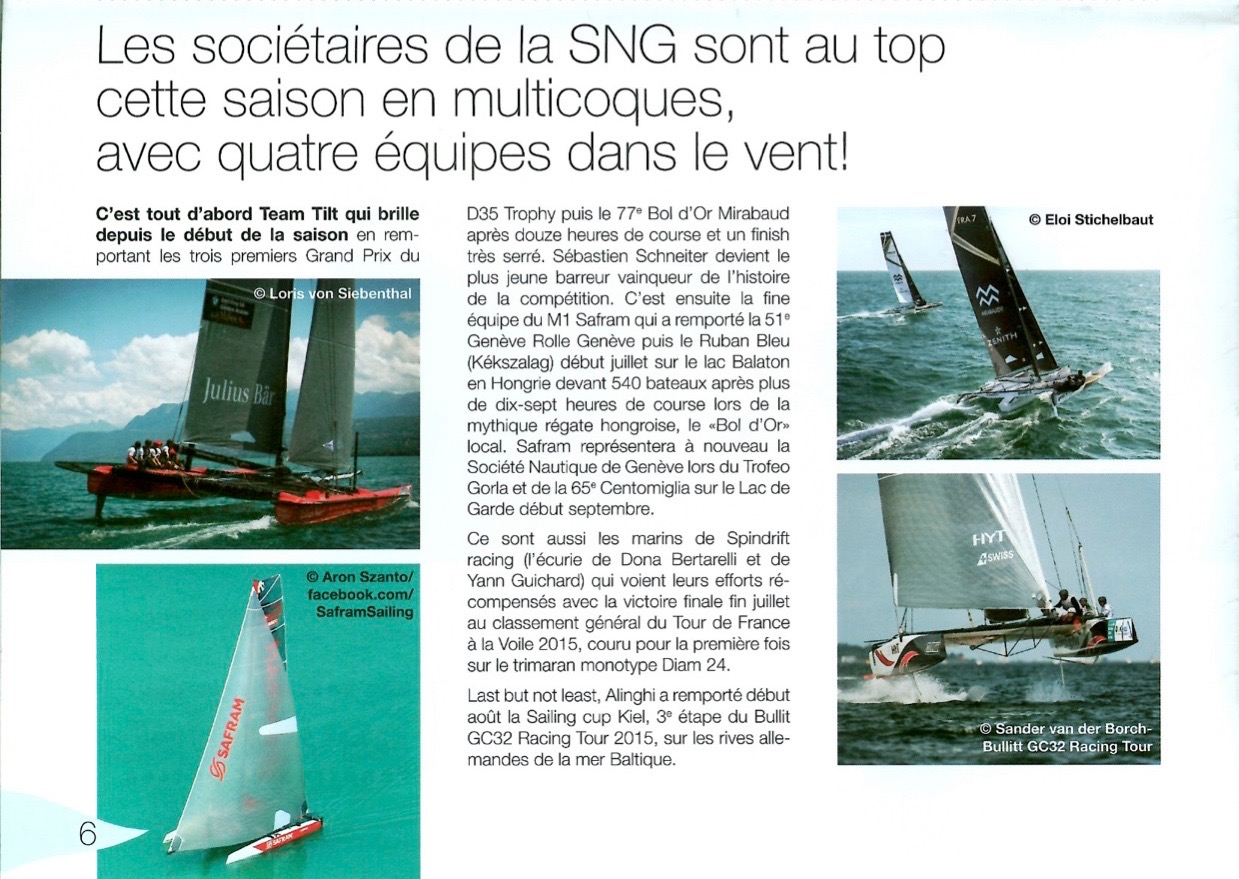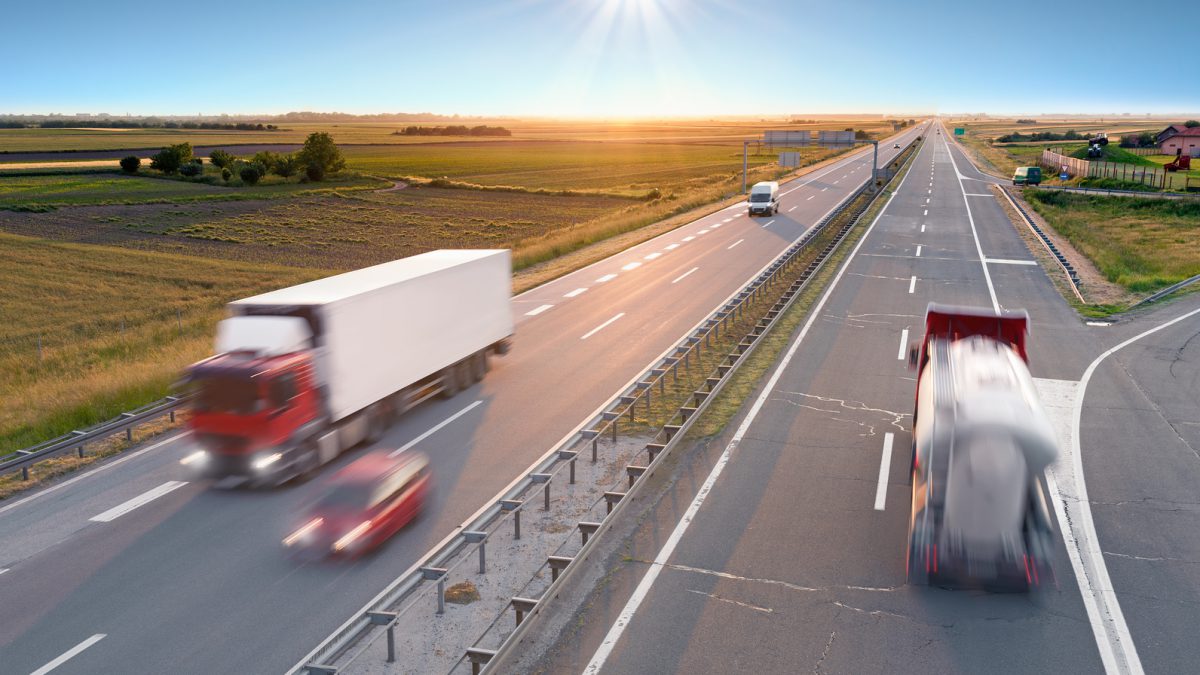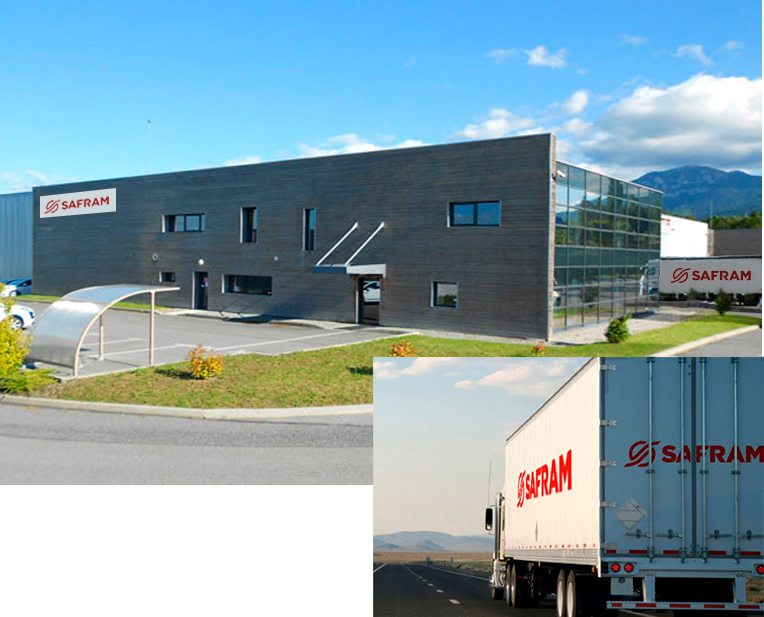
Safram wins Lake Garda classic Centomiglia
September 7, 2015
Safram, passionate partner of Genève-Servette Hockey Club (GSHC)
October 29, 2015The Federal Office of Statistics publishes “Mobility and Transport”, a document revealing the measured data collected relating to the transportation of people and goods by road, rail and air in Switzerland.
We learn, in particular, that a Swiss resident travels on average a distance of half way round the world each year (i.e. 36.7 km per day), that every day a man covers 10 km more than a woman, that work, vocational training and services account for 41% of travel, whereas 53% of journeys are devoted to recreation and shopping (the reasons for the remaining 6% being left to the reader’s imagination), that there is one car for every two inhabitants, statistics which are bound to lead to questions from sociology enthusiasts regarding the contemporary lifestyle of the Swiss people.
From a more rational point of view, this report shows us that the overall cost of transportation in 2010 – including the purchase, running and maintenance of the means of transport (62%), infrastructure (16%), accidents (13%) and the environment and health (9%) – amounted to 94.7 billion Swiss francs, 85% of which is borne by the users, the rest being at the expense of the Government and local authorities. 78% of this cost is attributable to people and 22% to goods.
Taking into consideration the whole period from 1980 to 2013, it can be seen that goods transportation services increased by 88% to notably reach 38.7 million net tons in transit through the Swiss Alps in 2014. But while the share of rail transport in this segment has declined, it remains significantly higher in Switzerland than in Austria and France.
Furthermore, it can be noted that out of the 572,400 businesses in Switzerland in 2012, 2% operated in the field of transport, representing 12,700 companies and an increase of 22% since 2005.
Statistics which in addition show that while transport uses more energy than households, or that economic growth and the increase in trade flows result in an increase in goods traffic, emissions of atmospheric pollutants related to them have been significantly decreased in recent years due to the technological advances achieved, such as the diesel particulate filter or catalytic converters and the ongoing renewal of the fleet of vehicles.
Discover “Mobility and Transport”





